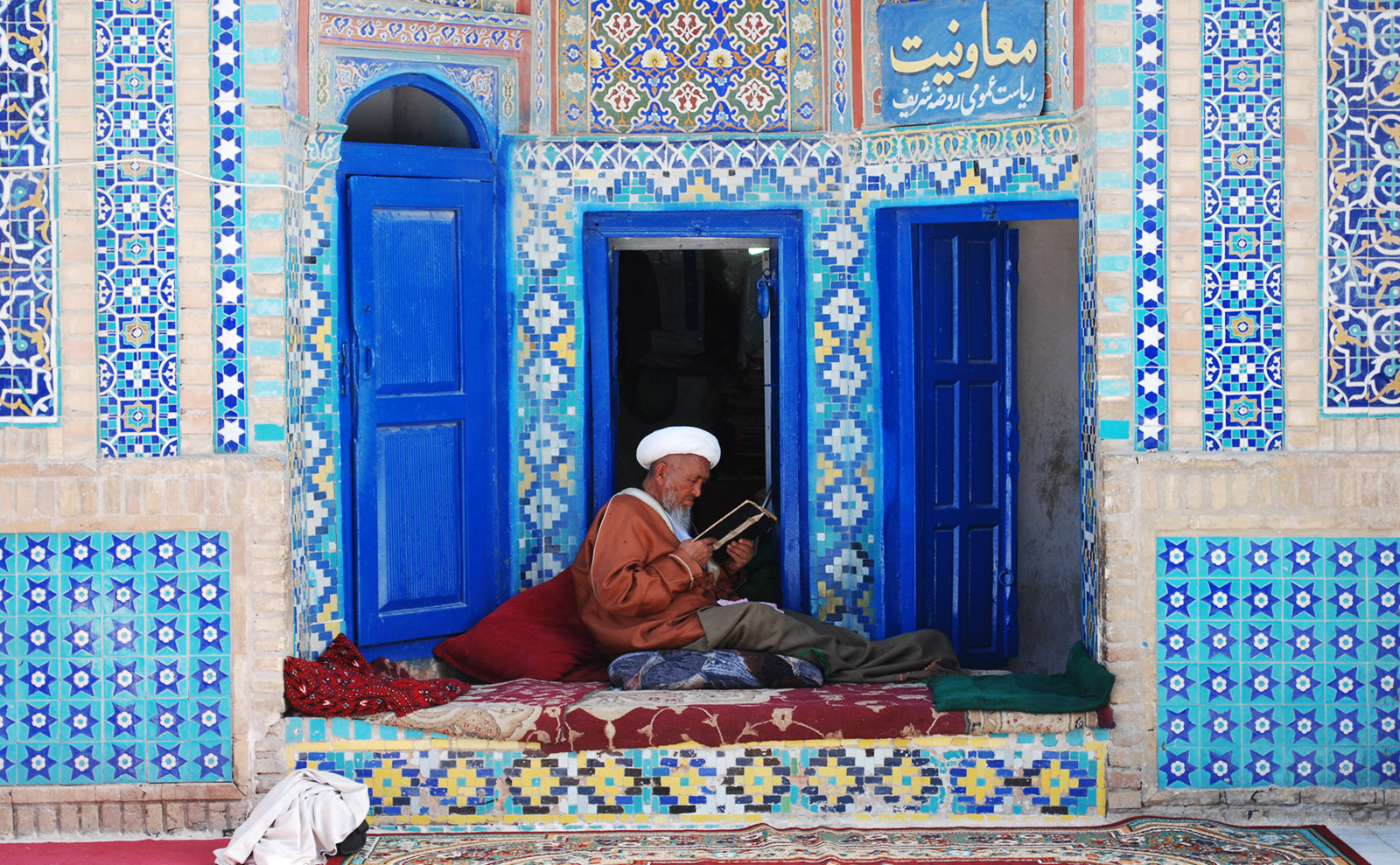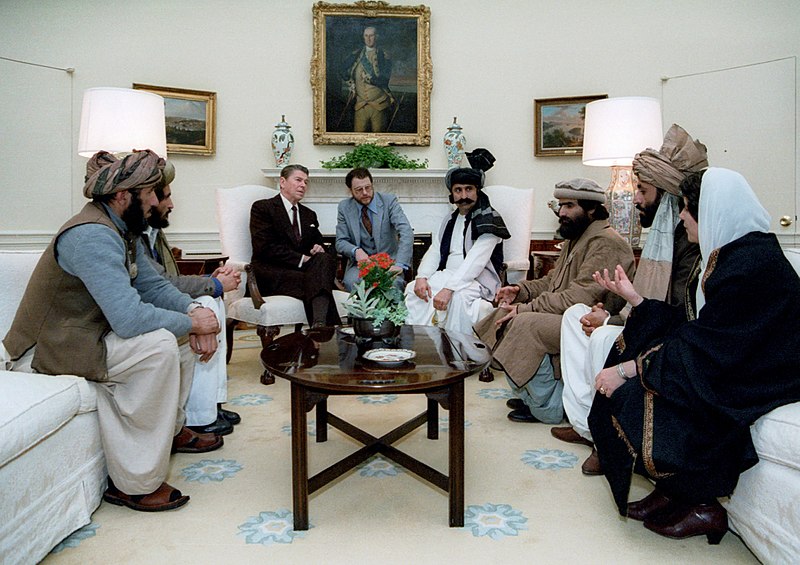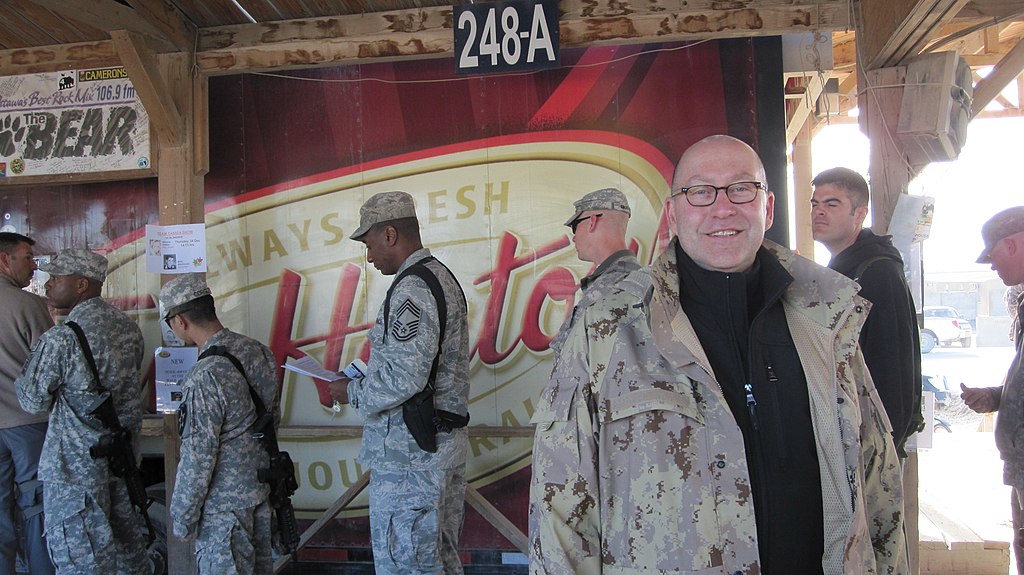
Armchair travel around the world!
Start your reading adventures with our FREE Reading Atlas.

- Around the World in 14 Books
- 7 Thrilling Book Series
- 6 Audiobooks That Are Like Theater For Your Ears



Located in Central Asia with Iran to the west and Pakistan to the east, Afghanistan sits at the crossroads of Asia and the Middle East. That’s made it a hot spot for invaders from all directions for millennia. From Darius I of Babylonia and Alexander the Great to Great Britain, Russia, and the United States, superpowers in every century have tried — and failed — to tame the tribal warriors of Afghanistan.
Afghanistan’s terrain is rugged — and in some places, stunningly beautiful — with deep gorges and river valleys, deserts, snow-topped mountains, and irrigated land used for farming. It’s best known for pomegranates — some say Afghan pomegranates are the best in the world. And poppies. Heroin made from opium grown in Afghanistan makes up 95% of the market in Europe.
Afghanistan is a culturally conservative and religious nation. Reputation is the most valuable social commodity, which forces both men and women to comply with a web of strict social rules. An estimated 99.7% of the Afghan population is Muslim. And that faith plays out in dress, dietary codes, regular prayer, language, and social interactions.
In this episode, we get curious about Afghanistan’s violent history, its tribal and social customs, and the rise of the Taliban. Then we discuss five books that gave us a better understanding of the whole situation. From reportage to history to a literary crime novel, these books illuminate a vivid picture of this remarkable, challenging country.
Read the full transcript of Episode 29: Afghanistan.


This is a really nice piece from NPR that explores poetry, a girls’ school, and other aspects of Afghan culture.
The New York Times reports on the significance of the pomegranate harvest for Afghan farmers. ‘Crack a pomegranate in half and its blood-red seed-filled chambers make it look almost like a broken heart. In Arghandab district, which in Afghanistan is almost synonymous with the fruit, a Taliban offensive has cut the heart out of the harvest season, leaving farming families desperate.’
BBC News reports on opium production in Afghanistan. ‘The Taliban claims opium poppy cultivation was stopped and the flow of illegal drugs halted when it was last in power in Afghanistan. But although there was a sharp drop in 2001 - when it was last in control - opium poppy cultivation in Taliban-held areas has risen in subsequent years.’

Afghanistan has had many, many flags, including the flag of the Hotak empire, which was all black (!). Here’s an infographic of Afghanistan’s flags through the years.
There was a Tim Horton’s in Afghanistan at the Kandahar airfield from 2006 until 2011. Here’s a video report on this unusual location.

Tamim Ansary is the author of Games Without Rules. You can watch him discuss his book on BBC News, and here is the email he wrote after 9/11 about why the US should not invade Afghanistan.
See the Afghan sport Buzkashi in action!
Gayle Tzemach Lemmon is the author of the book The Dressmaker of Khair Khan, which tells the remarkable story of Kamila Sidiqi. Ms. Magazine has a moving conversation between the two women from May 2021, just before an attack on Kabul and a few months before the US withdrawal.
Kim Barker is the author of The Taliban Shuffle. Here she discusses her book with Tina Fey, who played in her in the film version Whiskey Tango Foxtrot.
In A Wish for Afghanistan, a series of interviews from the BBC, you’ll hear from Afghans about how the last 20 years have shaped them: ‘their dreams for a new future and their fears that the cycle of violence will never stop.’
A literary guide to understanding Afghanistan, past and present: Afghan American author Nadia Hashimi recommends books that illuminate the history and conflicts of Afghanistan.
This is very poignant: an article and photos documenting unclaimed pictures from a photography studio in Kabul.
Afghans bury paintings and hide books out of fear of Taliban crackdown on arts and culture.
Urgency! Afghanistan is an exhibition of recent/current photos from Afghanistan. Buzzfeed News has a story and more images from the group show.
Do you enjoy our show and website? Please consider supporting our work on Patreon! Every little bit helps us keep the show going and makes us feel warm and fuzzy inside. Get all the info you need right here.

Subscribe to our podcast so you never miss a must-read book or thrilling destination!
If we're not available on your favorite podcast-listening platform, send us an email!
Top image courtesy of Aditya Chinchure/Unsplash.
Want to keep up with our book-related adventures? Sign up for our newsletter!
Can you help us? If you like this article, share it your friends!
Strong Sense of Place is a website and podcast dedicated to literary travel and books we love. Reading good books increases empathy. Empathy is good for all of us and the amazing world we inhabit.
Strong Sense of Place is a listener-supported podcast. If you like the work we do, you can help make it happen by joining our Patreon! That'll unlock bonus content for you, too — including Mel's secret book reviews and Dave's behind-the-scenes notes for the latest Two Truths and a Lie.
Join our Substack to get our FREE newsletter with podcast updates and behind-the-scenes info — and join in fun chats about books and travel with other lovely readers.

We'll share enough detail to help you decide if a book is for you, but we'll never ruin plot twists or give away the ending.